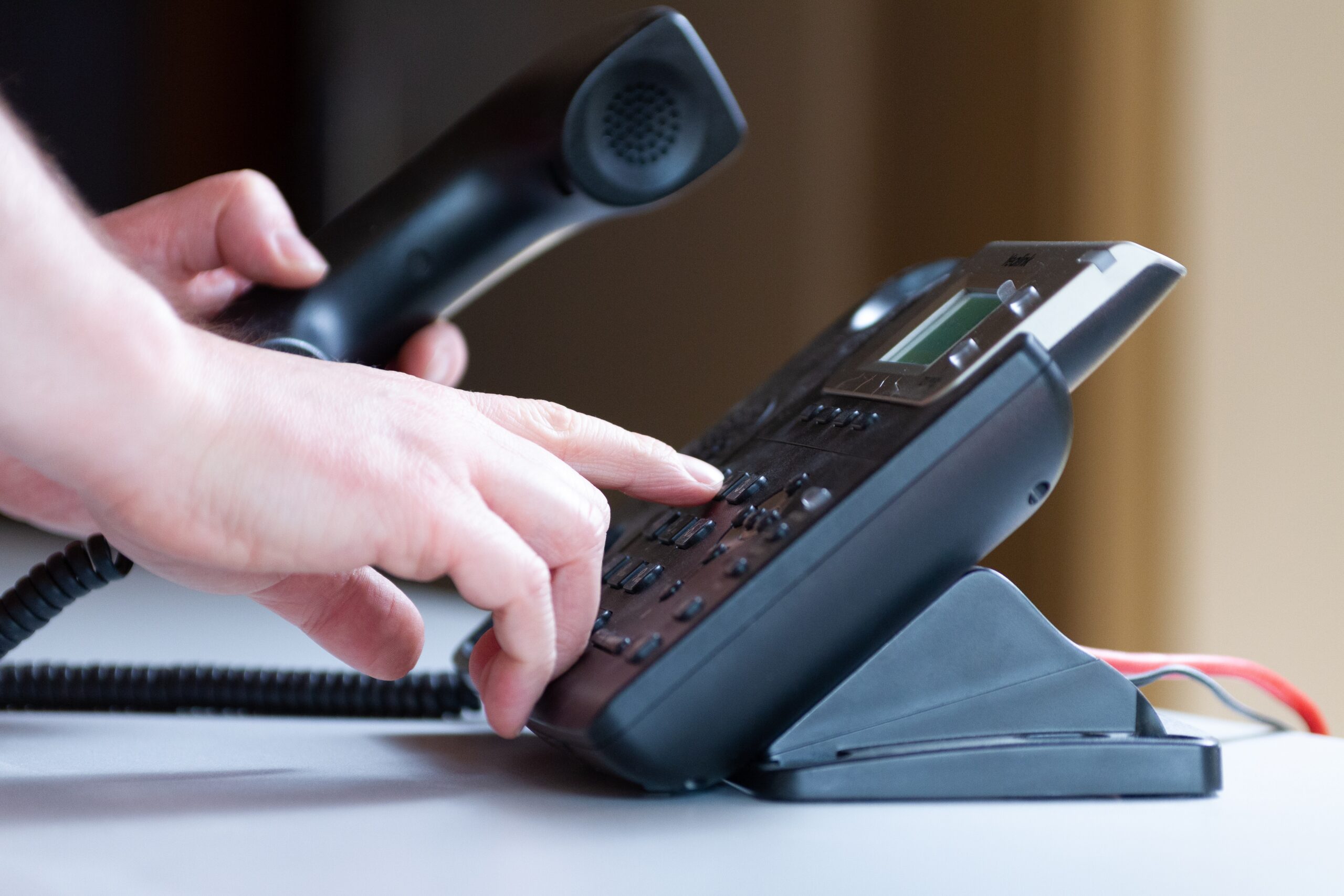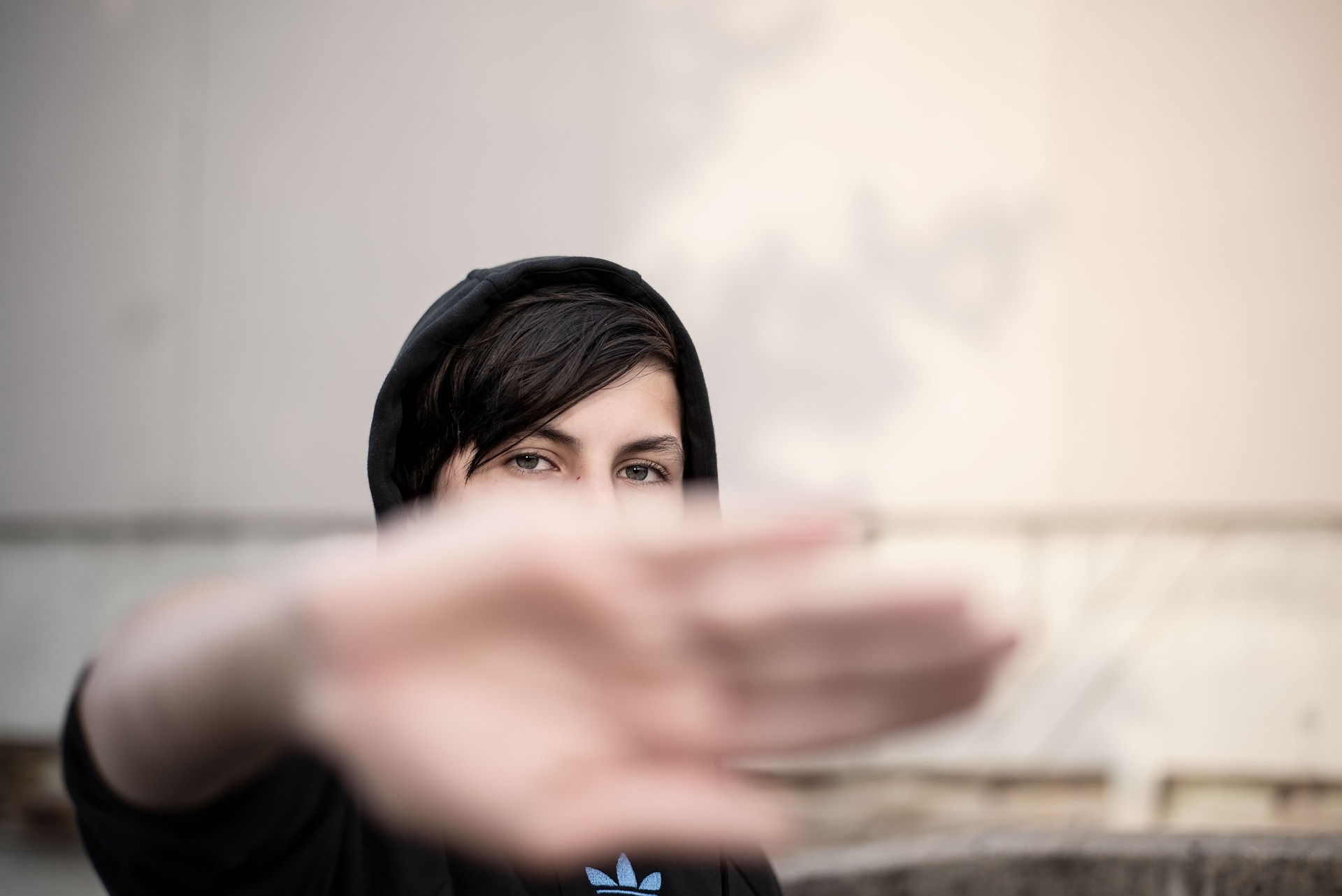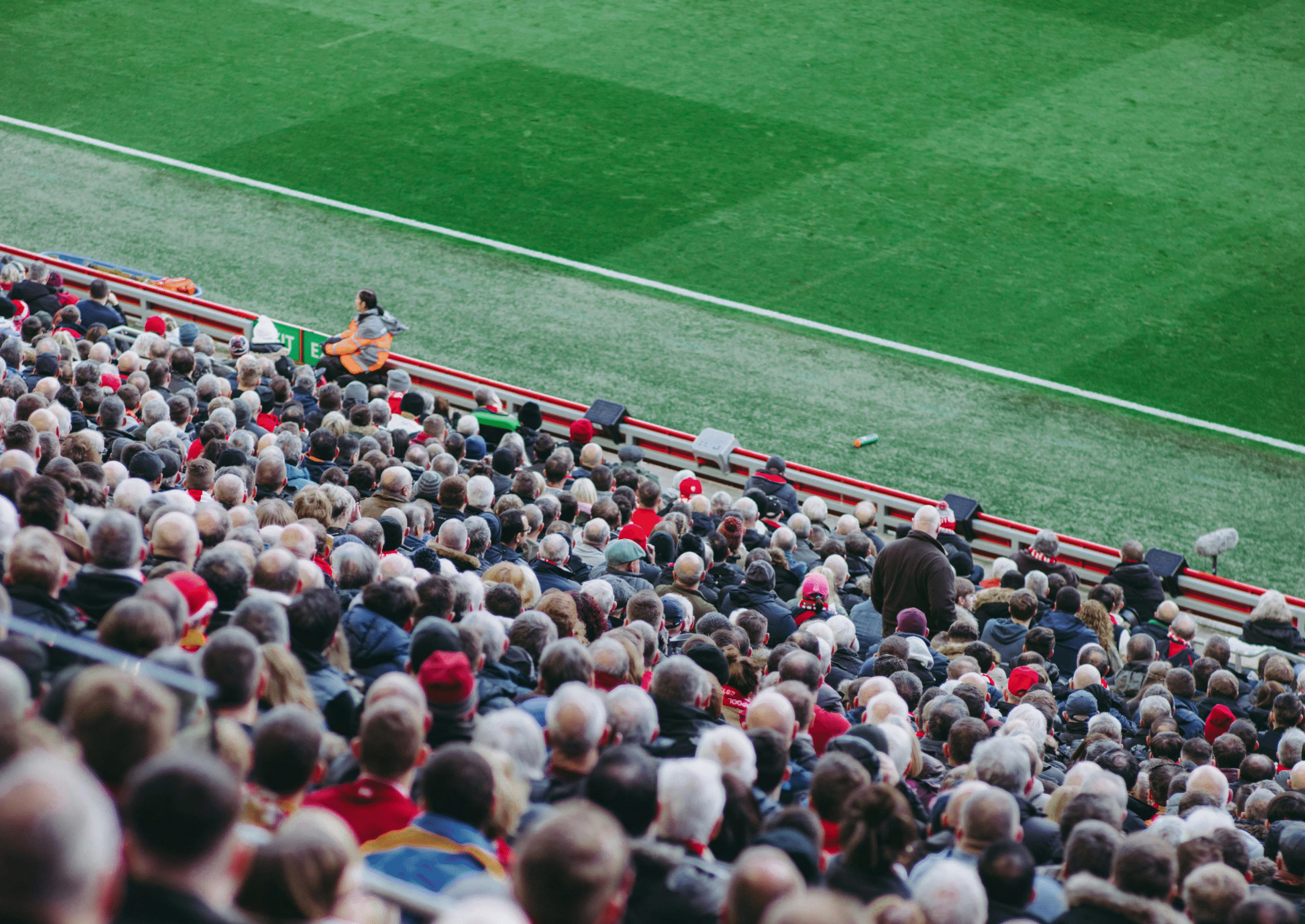Dominic Raab and Priti Patel have suggested it may be time to stop users being allowed to post anonymously
Credit: Piqsels
The deputy prime minister has shown support for calls from the home secretary to crack down on online abuse in faced by MPs, including possible measures to eliminate the anonymity currently afforded to social media users.
Priti Patel said on Sunday that she believed further steps should be taken to protect MPs by removing anonymity from people on social media. Her comments came following the death of Conservative MP Sir David Amess who was fatally attacked at his constituency surgery on Friday. The incident is being treated as terrorism.
Patel said the government wanted to make some “big changes” through its Online Harms legislation, including a fresh look at anonymous posting and work on encryption used to keep messages private on instant messaging apps.
Justice secretary Dominic Raab – who also serves as deputy PM – said on Monday that he supported the move to remove most anonymity from social media users, provided there was “balance” to protect those who required it to keep themselves safe, such as whistleblowers and those living under oppressive regimes.
Related content
- Online harms: Government retains option of criminal sanctions against social media companies
- Online harms – Labour calls for action to ‘protect our democracy’
- Our response to online harms should focus as much on cure as prevention
“The elephant in the room in all this is the online hate that we all get, it’s out of control,” he told Sky News. “I know the Home Secretary has talked about what more she wants to do there and the Online Harms Bill is going through pre-legislative scrutiny. There is certainly an element of more people who are at-risk and vulnerable because they’ve been spending more time online. I’m absolutely confident that intelligence services and the police are monitoring that with maximum energy and vigour.”
He added: “What you don’t want to do is send a message to tyrants all over the world that they can expose people who are campaigning bravely and need that anonymity. Equally, we know that some of those campaigning are vulnerable and do not want to be in the public domain. I don’t see why people should be able to abuse the position on social media from a veil of anonymity.”
The issue of the online anonymity has come under increasing scrutiny in Westminster in recent years – particularly as the government has set out its online harms agenda, and the oft-stated aim of making the UK “the safest place in the world to be online”.
Although ministers have publicly recognised the challenges created by the anonymity of many users of online platforms, they have also often cited the importance of allowing some to remain anonymous.
In a written parliamentary question posed in late 2019, then MP for Dudley North Ian Austin directly asked the government whether it intended to “bring forward legislative proposals to prevent people from establishing anonymous profiles on Twitter”.
In response, then digital minister Matt Warman said that “companies need to take responsibility for tackling abusive behaviour on their services, including taking steps to limit anonymised users abusing their services”.
“However, online anonymity is an important principle of a free and open internet and there are many legitimate reasons why an individual would not wish to identify themselves online – including to protect whistle-blowers and empower victims of modern slavery and domestic and sexual abuse,” he added. “Globally, anonymity can be especially important for allowing human rights defenders and journalists to operate, especially within authoritarian regimes, without fear of undue reprisal and detention.”
This week, Raab said that online abuse and harassment against MPs had increased significantly since he was elected in 2010. He said that in the last two years he had received three credible threats to his life or safety.
“When you’re in a frontline job you’ll get more of it, but I’ve had three threats to life and limb that have required intervention in the last two years,” he told the BBC’s Today programme. “This is not entirely out of the blue because we had Jo Cox before, we had the case of Stephen Timms, but everyone has had this experience of intensifying abuse and that tipping into threats.”
Other measures, such as police or security guards attending MPs surgeries have also been suggested since the killing of Amess, but Raab said any new arrangements must not drive a “wedge” between elected officials and the public.
“We’re all conscious that as we try and make sure we’ve got that connection of trust with our constituents and our communities, which all MPs across the divide want to rally around and cherish and nurture,” he said. “I think everyone has a real nervousness and concern and the forces are already doing this – local forces need to sit down with them and see what they can do to provide the concrete security but also what will give them reassurance and peace of mind. We’re not going to be much good for our constituents if we’re not confident going into those meetings and we’re all looking over our shoulder with trepidation.”



